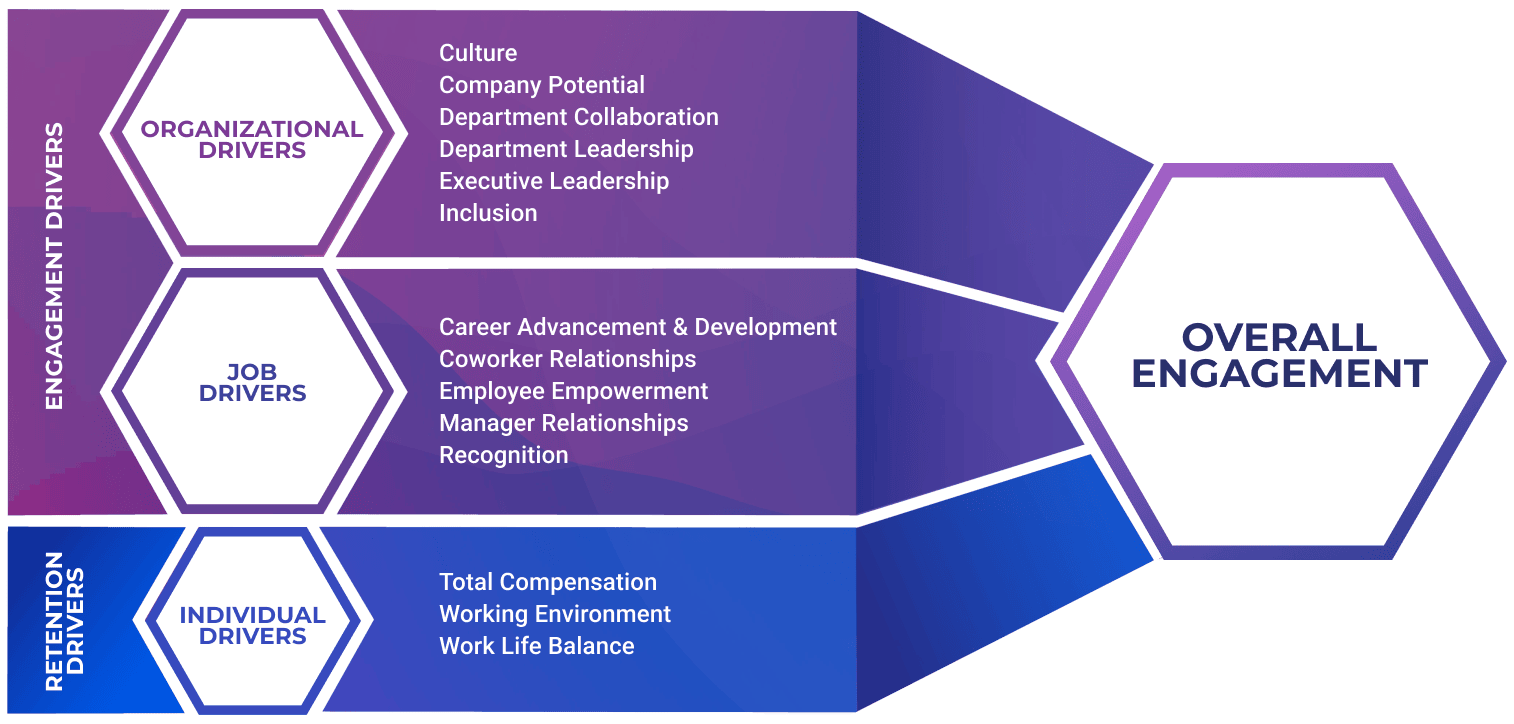Employee engagement is a critical factor in organizational success. Engaged employees are more productive, more creative, and more likely to stay with their organizations. They also have a positive impact on customer satisfaction and the bottom line.
There are many things that organizations can do to increase employee engagement. Some of the most effective strategies include:
- Creating a clear and compelling vision for the organization. Employees need to understand why their work is important and how it contributes to the overall success of the organization.
- Providing employees with opportunities for growth and development. Employees want to feel like they are growing and developing in their careers. Organizations can provide opportunities for growth and development through training, mentoring, and job rotation.
- Giving employees a voice in decision-making. Employees want to feel like they are part of the team and that their opinions matter. Organizations can give employees a voice in decision-making by creating employee advisory councils, conducting surveys, and holding regular town hall meetings.
- Recognizing and rewarding employee accomplishments. Employees want to be recognized for their hard work and accomplishments. Organizations can recognize and reward employee accomplishments through public recognition, monetary awards, and other forms of non-monetary recognition.
- Creating a positive work environment. Employees want to work in a positive and supportive environment. Organizations can create a positive work environment by providing flexible work arrangements, offering health and wellness benefits, and fostering a culture of respect and inclusion.
Investing in employee engagement is one of the best things that organizations can do to improve their performance. By creating a workplace where employees are engaged, organizations can increase productivity, improve customer satisfaction, and reduce turnover.
Here are some additional tips for increasing employee engagement:
- Be transparent with employees. Employees want to know what is going on in the organization and how their work is contributing to the overall success. Keep them informed about company goals, strategies, and performance.
- Provide employees with the resources they need to do their jobs. This includes the right tools, equipment, and training.
- Create a culture of feedback. Encourage employees to share their ideas and suggestions for improvement. Listen to their feedback and take action when appropriate.
- Celebrate successes. When employees achieve something, take the time to celebrate their accomplishments. This will show them that their hard work is appreciated.
By following these tips, organizations can create a workplace where employees are engaged, productive, and happy.
In addition to the above, there are a number of other factors that can contribute to employee engagement. These include:
- Leadership: Employees want to work for leaders who are inspiring, supportive, and fair.
- Work-life balance: Employees want to be able to balance their work and personal lives. Organizations can support work-life balance by offering flexible work arrangements, such as telecommuting and flextime, and by providing paid time off.
- Compensation and benefits: Employees want to be compensated fairly for their work and to have access to good benefits, such as health insurance, retirement savings plans, and paid parental leave.
- Company culture: Employees want to work for a company that has a positive culture that is based on trust, respect, and collaboration.
By understanding the factors that contribute to employee engagement, organizations can create a workplace where employees are happy, productive, and committed to their jobs.






